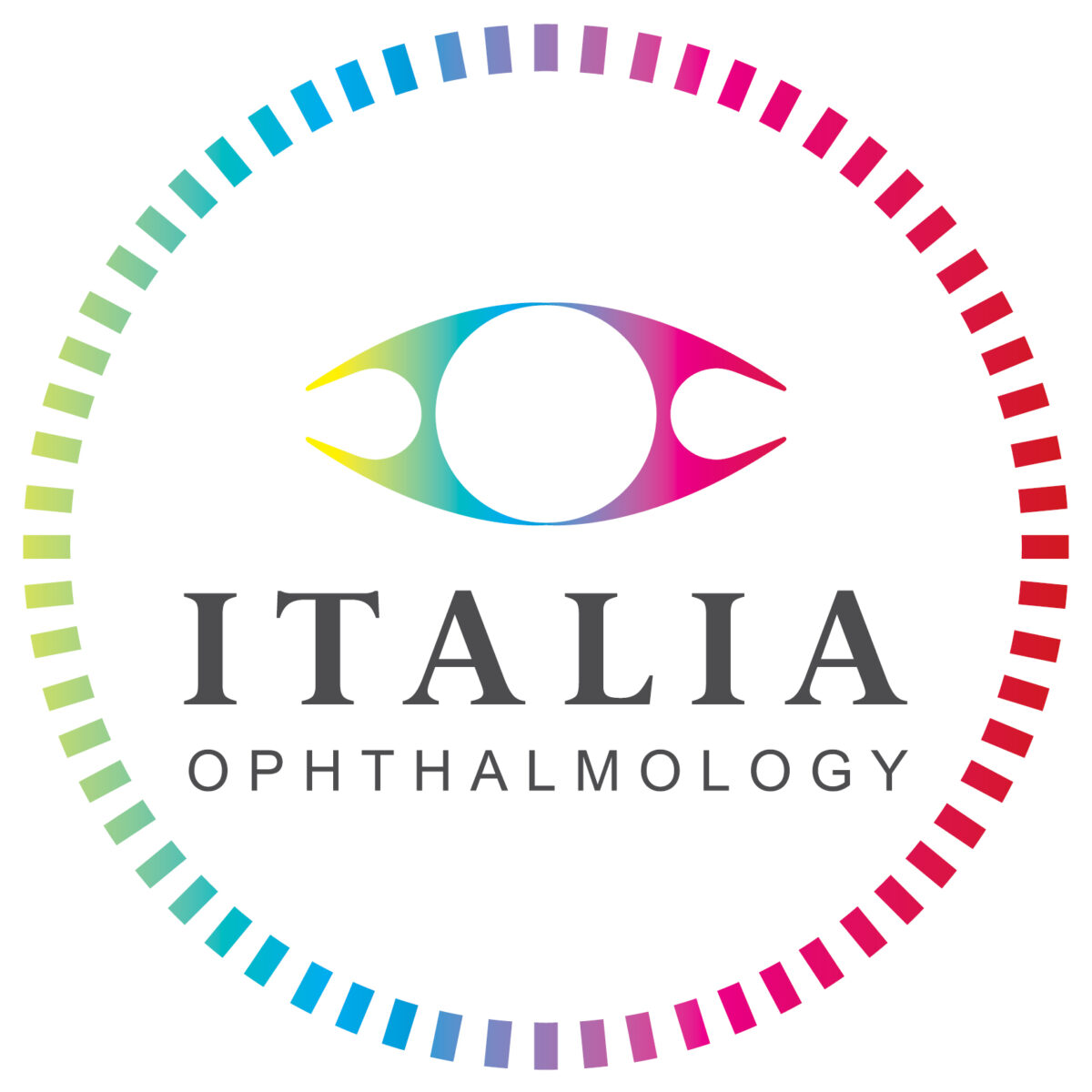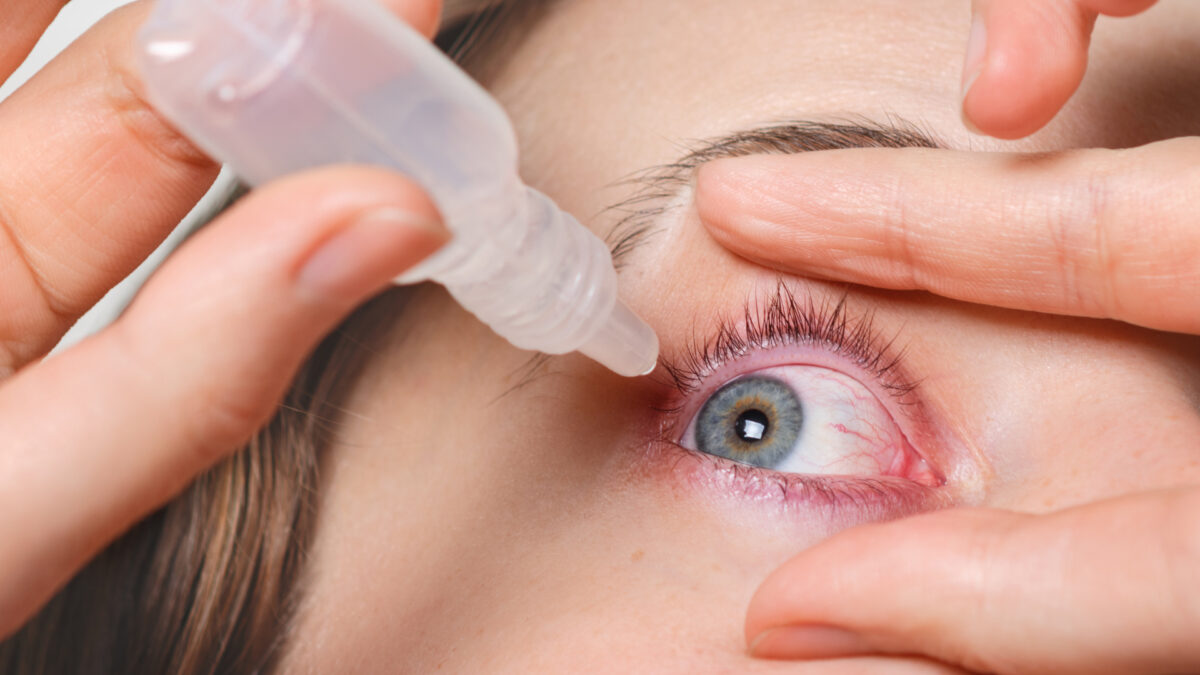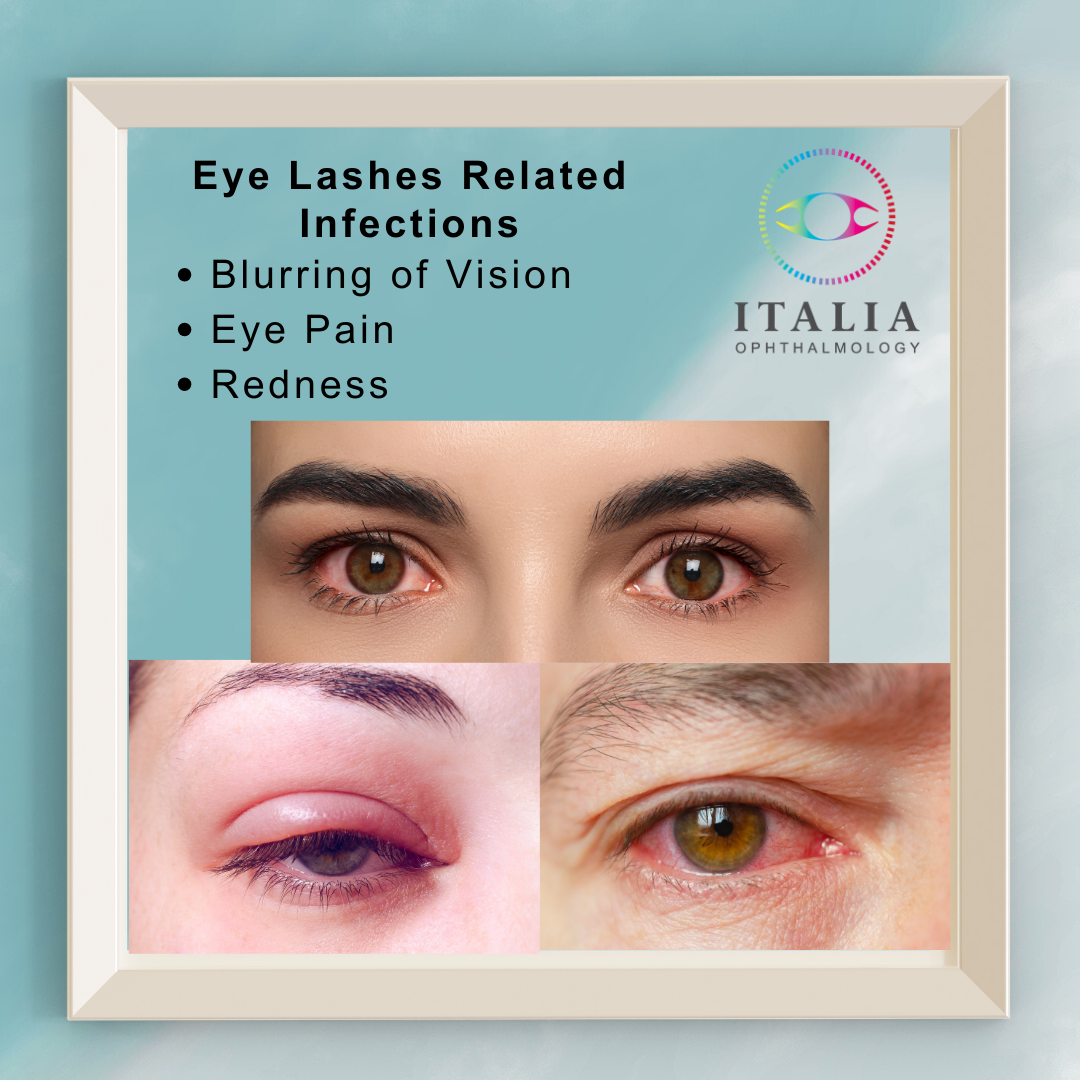
What Does Your Eye Doctor See In You?
|
“Some letters become blurry”
“I used to can see far, now, I can’t”
“I get headaches all the time, and maybe I have a grado (refractive error)”

These are commonly said when a health partner (patient) comes into our eye clinic.
I am Dr. Izza Italia, Diplomate of the Philippine Board of Ophthalmology currently practicing in Angeles City.
First Impressions Last
When patients arrived, after setting their appointments, first to greet them is our secretary. She will smile at you and help you settle, and input vital identification information in our health care app, SeriousMD/NowServing. https://nowserving.seriousmd.com/doctot/izza-italia
Our secretary usually obtain your visual complaint, your visual status and your refraction using an automated refractometer.
This will help us later on in giving the patients their best corrective refraction.
Listen to your body
As soon as the patient comes to the room, the ophthalmologist sits across and helps you expound on how you really feel or how you really see. It is important to give as much detail to the eye doctor as you can.
This will help us formulate a working diagnosis combined with your clinical findings
Sit comfortably and relax

Your ophthalmologist will instruct you to sit on an examining slit lamp table. Your chin and forehead must be properly aligned. It helps with better visualization of your eye structures. and faster examination.
We apologize for shining too much light in your eye, we just really have to look for everything.
As ophthalmologist, we like to check the front surface (cornea and sclera) of your eye, the anterior portion (anterior chamber) of your eye, the colored part (iris) of your eye and the perfect lens behind the colored part.
Drops are for further examination
Sometimes your eye pressures also need to be measure. Just like blood pressure, eyes have intraocular pressure. Before using the device, we have to numb the eyes with a stinging eyedrop to get an accurate pressure reading.
The stinging sensation also will wear off in a few seconds and you can sit comfortably again.
Some drops known as dilating eyedrops are used for a more detailed examination of the back of the eye, or the retina
Lights and Lenses
Some parts of your beautiful eyes need special equipment and lenses. Your ophthalmologist will take these from a small box and asks you to look in certain directions to view different parts of your eyes.
These lenses help the eye doctor see your anterior chamber angles, optic nerves, retina, macula and the retinal vessels. Just to check if everything okay.
What could this be?
Much of the time spent in your eye doctor’s office will lead to this. She explains to you what is happening with you, your symptoms and what to do about it, for the mean time and for a long time.
If you have further questions, this is the time to ask your doctor, what’s in it for me and what should I watch out for.
Follow up



